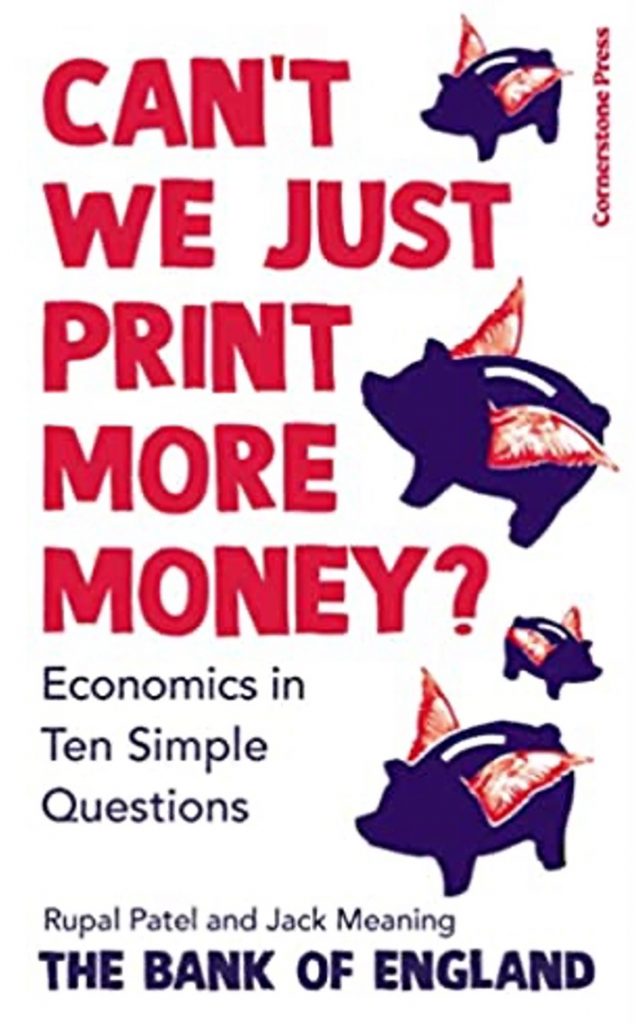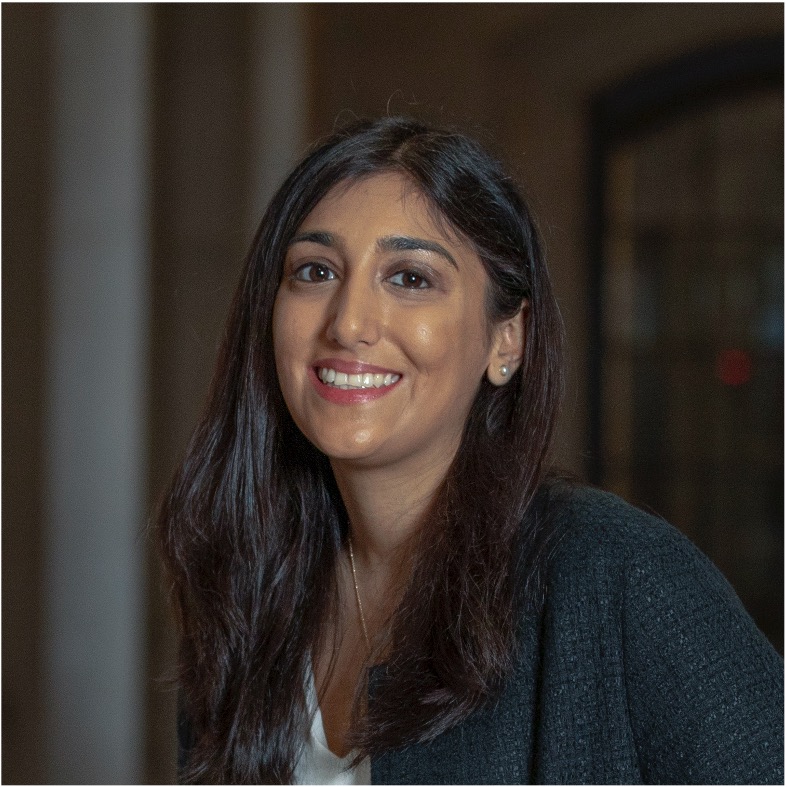Join the Bank of England’s Rupal Patel and Jack Meaning as they offer a witty and accessible guide to what economics can – and can’t – teach us about the world.
Why are all my clothes made in Asia? How come I’m so much richer than my great-great-grandma? And what even is money?
Whether you’re buying lunch, looking for a job, or applying for a mortgage, the thing we call ‘the economy’ is going to set the terms. A pity, then, that many of us have no idea how the economy actually works.
That’s where this livestream event comes in. The Bank of England is Britain’s most important financial institution, responsible for printing money, regulating banks and keeping the economy running smoothly.
Now two young economists at the Bank will take us inside their hallowed halls to teach us everything we wanted to know about economics but were too afraid to ask.
Along the way they will offer intriguing examples of economics in action: in financial crises and the price of Freddo chocolates, growth stages and workers’ wages.
Economics affects the daily lives of each and every one of us. If you’ve ever wanted to better understand how, don’t miss this livestream event.
Praise for Rupal Patel and Jack Meaning’s Can’t We Just Print More Money?:
‘A well-written treat . . . Leading us gently through the jargon, it answers such basic but all-important questions as “What actually is money?”. Using examples including the Bank of England canteen, The Simpsons and Beanie Babies, the authors encourage us all to understand, and even challenge, what economists do.’ – Professor David Spiegelhalter
‘A great place to start your economic journey. With the Bank of England as your guide, this accessible book shows how economics affects so many aspects of our daily lives.’ – Dr Linda Yueh
‘Economics affects every aspect of our lives, but it can often seem like an inaccessible, off-puttingly jargon-laden subject. This is the guide you need! An entertaining and essential read at a time when understanding how our money, governments and banks interact has never felt more important.’ – Laura Whateley








